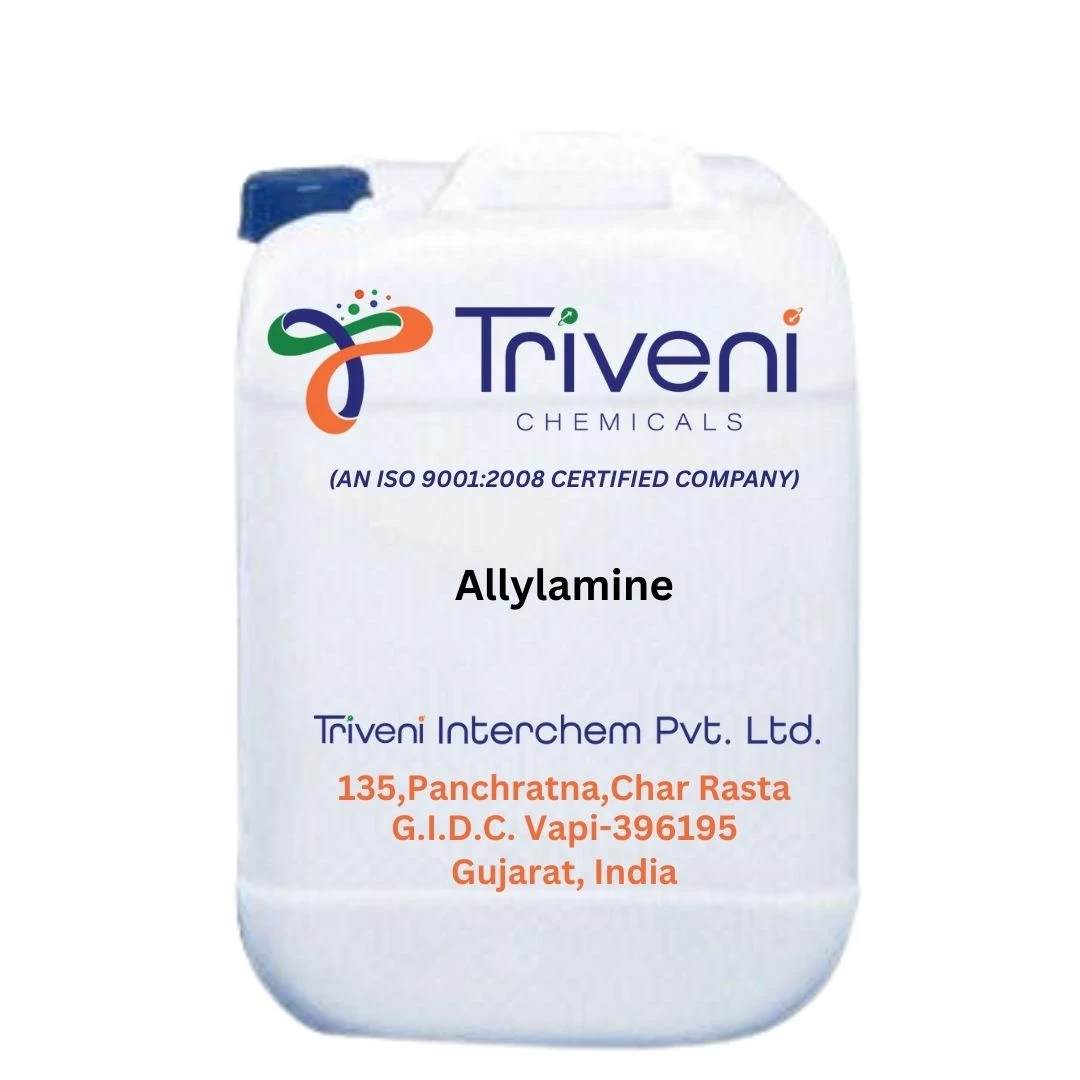Medications called antifungal drugs, or antifungals, are used to treat fungal infections in both people and animals. These infections can be anything from minor skin disorders to serious systemic diseases. Antifungal agents aid the body's immune system in getting rid of the infection by either killing the fungus or preventing..
Medications called antifungal drugs, or antifungals, are used to treat fungal infections in both people and animals. These infections can be anything from minor skin disorders to serious systemic diseases. Antifungal agents aid the body's immune system in getting rid of the infection by either killing the fungus or preventing its growth. Antifungal drugs come in a variety of classes, each with a distinct mode of action and range of activity. The azoles, which include medications like fluconazole, itraconazole, and ketoconazole, are a common class of antifungals. A vital component of the fungal cell membrane, ergosterol, is inhibited by azoles in order for them to function. The fungus dies when the membrane weakens and leaks due to a lack of ergosterol. The polyenes, which include nystatin and amphotericin B, are another class of antifungals. Fungal cell membrane ergosterol becomes permeable when polyenes attach to it, resulting in cell death. Although these medications have a history of substantial adverse effects, including kidney damage, they are frequently used to treat major systemic fungal infections. A more recent class of antifungals called echinocandins prevents the production of β-glucan, a crucial part of the fungus cell wall. This class includes medications such as anidulafungin, micafungin, and caspofungin. The main conditions that echinocandins are used to treat are invasive aspergillosis and candidiasis. Furthermore, terbinafine and other allylamines function by blocking an enzyme that is necessary for the creation of ergosterol, which causes a build-up of hazardous materials inside the fungal cell. Depending on the location and severity of the illness, antifungal medicines can be given by oral pills, topical creams, intravenous injections, and intravaginal suppositories. The type of fungus causing the infection, the patient's general health, any possible prescription interactions, and allergies all play a role in the choice of antifungal agent. Although antifungal medications are usually safe and effective, they can occasionally have negative side effects such liver damage, nausea, vomiting, and diarrhea. Extended usage of antifungals may occasionally result in the emergence of fungus strains that are resistant to drugs. For this reason, it is imperative that these drugs be used sparingly and under a doctor's supervision.
- Antifungal Agents – Treating fungal infections effectively, like Antihyperglycemic medications.



